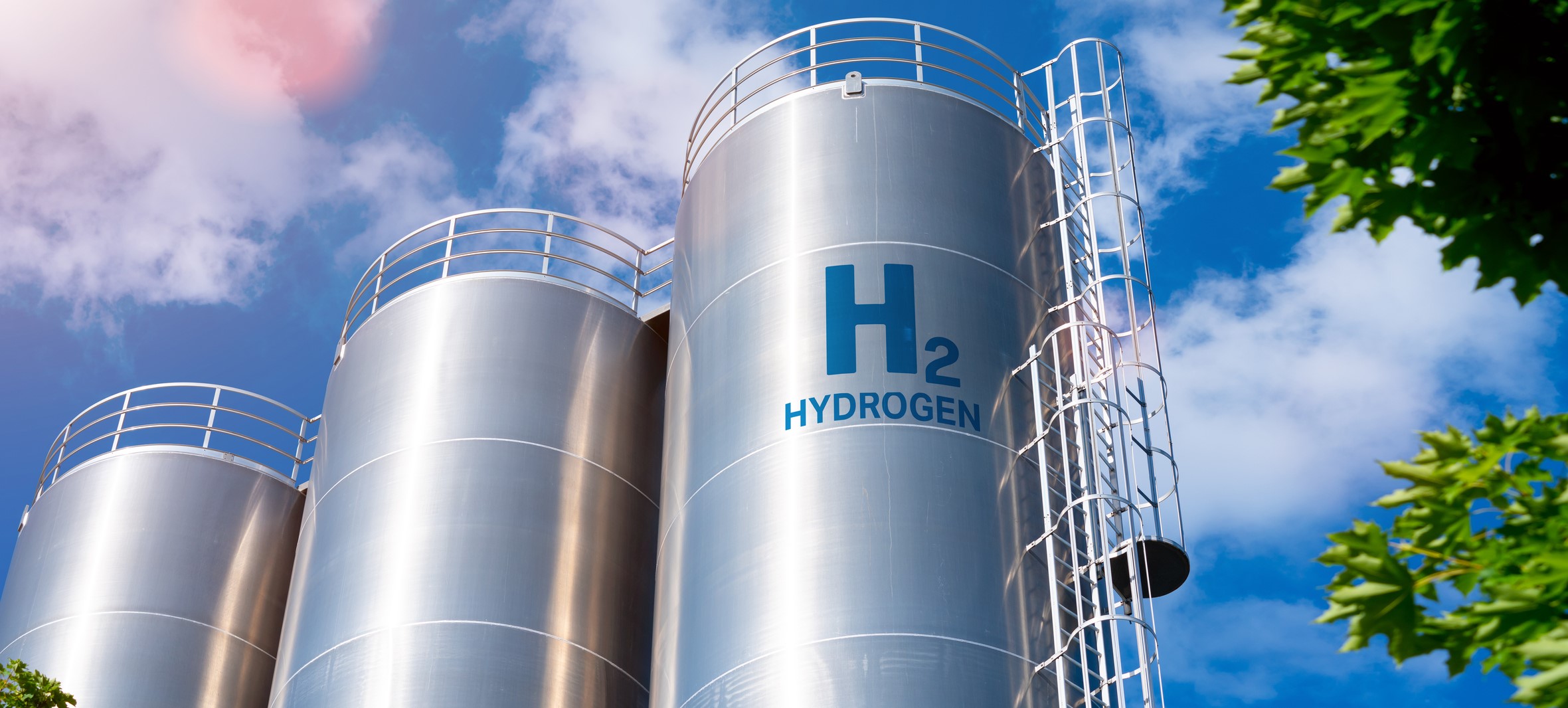Clean Hydrogen Hubs Announced: 17 EEI Member Companies Involved With Winning Projects
Clean Hydrogen Hubs Announced: 17 EEI Member Companies Involved With Winning Projects

The Biden administration and the U.S. Department of Energy (DOE) recently announced more than $7 billion in federal funding for the development of seven regional clean hydrogen hubs—called H2Hubs—across the United States. Seventeen EEI member companies are involved with the seven teams selected for award negotiations, which range from $750 million to $1.2 billion in funding from the Bipartisan Infrastructure Law.
The EEI member companies include Ameren, American Electric Power (AEP), AES Corporation, AVANGRID, Berkshire Hathaway Energy (BHE), Dominion Energy, Edison International, Entergy, Exelon, NiSource, Pacific Gas and Electric (PG&E), Portland General Electric (PGE), Public Service Enterprise Group (PSEG), Puget Sound Energy, Sempra, Southern Company, and Xcel Energy.
The seven announced regional H2Hubs are:
- Appalachian Hydrogen Hub: Supported by AEP, BHE Gas, Transmission, & Storage, and Dominion Energy in West Virginia, Ohio, and Pennsylvania.
- California Hydrogen Hub: Supported by AES, BHE, Edison International, PG&E, and Sempra subsidiary SoCalGas in California.
- Gulf Coast Hydrogen Hub: Supported by AES, AVANGRID, Entergy, and Sempra Infrastructure in Texas.
- Heartland Hydrogen Hub: Supported by Xcel Energy in Minnesota, North Dakota, and South Dakota.
- Mid-Atlantic Hydrogen Hub: Supported by Exelon subsidiary PECO and PSE&G in Delaware, New Jersey, and Pennsylvania.
- Midwest Hydrogen Hub: Supported by Ameren, Exelon and its subsidiary Commonwealth Edison, NiSource, and Southern Company subsidiary Nicor Gas in Illinois, Indiana, and Michigan.
- Pacific Northwest Hydrogen Hub: Supported by PGE and Puget Sound Energy in Washington, Oregon, and Montana.
Spread across the country, the seven H2Hubs will help create a national network of hydrogen producers, customers, and connective infrastructure that will help accelerate the commercialized development of hydrogen as a clean energy source. Collectively, the hubs are projected to produce 3 million metric tons of carbon-free hydrogen annually, which, when used as an energy source in carbon-intensive industrial sectors, will reduce 25 million metric tons of carbon emissions or the equivalent emissions produced by 5.5 million gasoline-powered cars.
“Hydrogen is a versatile energy resource,” said Sandi Safro, EEI associate general counsel, energy and technology regulation, when discussing the ways hydrogen can be used as a carbon-free resource. “The potential applications touch almost every sector, from transportation to industrial to the power sector. For EEI member companies, hydrogen has the potential to serve various roles, including as a resource for generating electricity, a method of long-duration storage for renewables, a fuel for company fleet vehicles, and in customer heating applications.”
The selected teams will now participate in a negotiation process with DOE to secure clean hydrogen funding. Once selected, funding recipients will collaborate to accelerate the development of hydrogen infrastructure like pipelines, fueling stations, and storage locations to drive down the cost of hydrogen and encourage its widespread use. The H2Hubs plan to use hydrogen as a clean energy resource in multiple industries, including transportation, agriculture, energy generation, steel and glass production, and more.
The H2Hubs program aligns with the Biden administration’s Justice40 Initiative, which aims to ensure that at least 40 percent of the overall benefits of these federal investments will positively impact disadvantaged communities.
This program is supported and managed by DOE’s Office of Clean Energy Demonstrations, which will provide project management oversight to all regional H2Hubs selected to produce clean hydrogen.